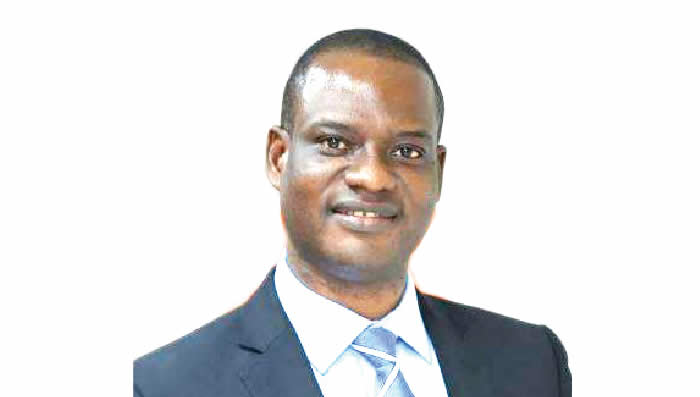The Chairman of the Presidential Committee on Fiscal Policy and Tax Reforms, Taiwo Oyedele, has criticized Nigeria’s current tax laws, describing them as detrimental to economic growth. Speaking at the inaugural Economic Roundtable and 2025 macroeconomic outlook event organized by rating firm Agusto & Co. in Lagos, Oyedele highlighted the challenges posed by the existing tax system.
Oyedele’s remarks came shortly after the House of Representatives passed four tax reform bills for a second reading, referring them to the Finance Committee for further legislative action, including public hearings. He emphasized that Nigeria’s tax system is stifling growth, stating, “We found that Nigeria’s tax system is unconducive for growth. We are trying to grow, but we’re struggling, and the tax system is holding us down. It has plenty of taxes and taxing agencies everywhere you turn.”
He further explained that the system imposes excessive burdens on businesses, regardless of their size or formality. “It doesn’t matter whether you’re small or big, whether you are formal or informal; we tax anything and everything that moves. If it keeps moving, we tax it even again. We tax it even more,” Oyedele said. He shared an anecdote from a small business owner who likened the Nigerian system to “feasting on businesses,” underscoring the frustration felt by many entrepreneurs.
Oyedele proposed a social experiment to illustrate the problem: “Just do a banner; anything that comes to mind will be tailoring. Just write it and place it by the road. Find a plastic chair, sit back about two meters away, and watch what will happen within two days. I promise you, at least five agencies will show up, from business premises to advert levy to permit. You have not even found one customer.” He expressed hope for a future where government agencies would instead offer support, such as access to credit facilities or capacity development, rather than imposing burdensome taxes.
On the issue of foreign exchange, Oyedele expressed confidence in the fiscal authorities’ ability to address the challenges, though he acknowledged that his proposed solutions might not be popular. He suggested imposing a tax on premiums earned in the parallel market to align it with the official exchange rate. “If we impose a tax on any premium you have in the parallel market, and I say today, anytime you go to the parallel market, any premium you earn above the official rate is your excess tax, and you must pay within seven days, what I’ve done is I’ve taken away the incentive,” he explained. He emphasized that fiscal policy could resolve the disparity between the parallel and official markets, though political considerations often complicate such measures.
Yinka Adelekan, Managing Director of Agusto & Co., described the current moment as pivotal, with global disruptions, technological innovation, sustainability challenges, and geopolitical shifts shaping the future of national development. Renowned economist Dr. Doyin Salami called for more efficient government spending, lamenting the instability of the economy. He outlined four conditions for economic stability: output growth exceeding population growth, low and falling inflation, a stable fiscal position, and a healthy external account. Salami noted that Nigeria is currently struggling with high inflation and food insecurity, which are particularly troubling.
Financial analyst Johnson Chukwu, Group Chief Executive Officer of Cowry Assets Management, criticized the government’s economic approach as “long on policy but weak on execution.” The roundtable event also honored the legacy of Agusto & Co. founder Olabode Agusto, whose contributions significantly shaped Nigeria’s financial and economic landscape.

